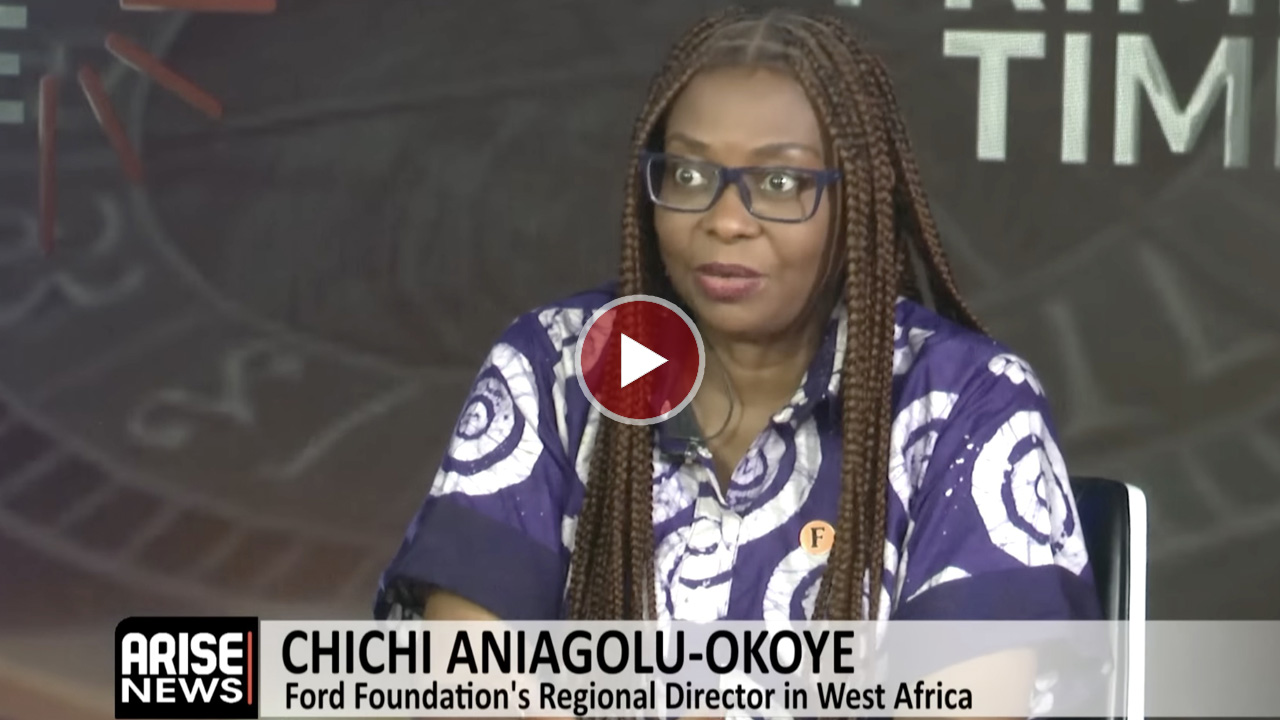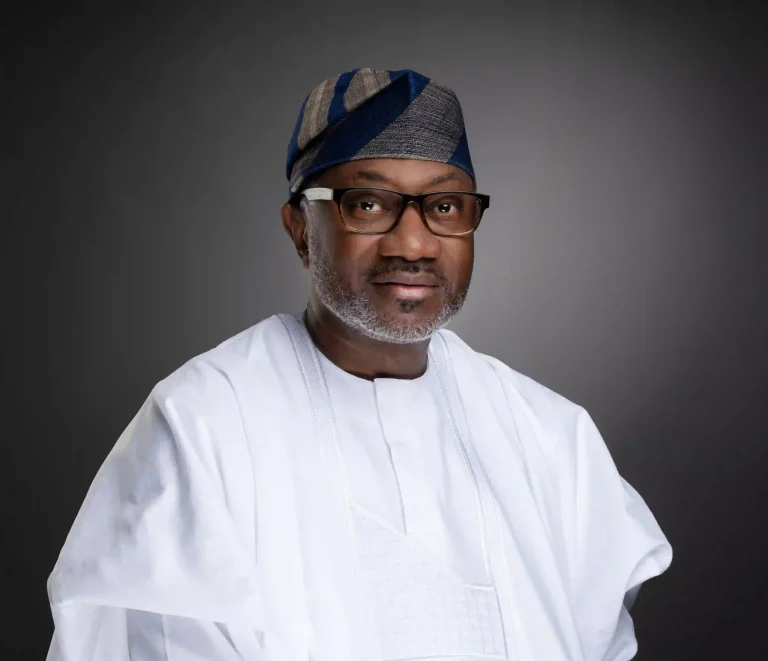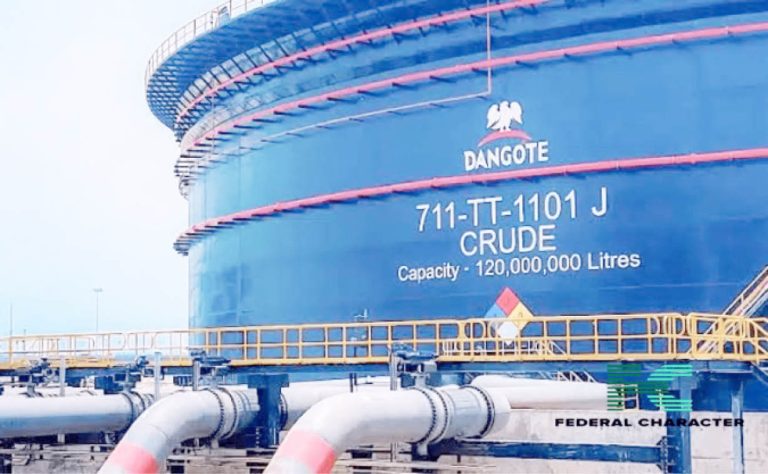

The Ford Foundation’s Regional Director for West Africa, Dr ChiChi Aniagolu-Okoye, says the organisation’s 65 years of work in the region have reflected the historical, political and social evolution of West Africa — from independence and civil war to democracy and social justice.
Speaking in an interview with ARISE News on Tuesday, Aniagolu-Okoye explained that when the Ford Foundation first opened its office in West Africa in the 1950s, the focus was on building human capacity to support newly independent nations.
“In 1960, when Nigeria got its independence, the challenge at the time was a trained human resource to help manage the new country that was emerging,” she said. “So the focus was around training civil servants, teachers and professionals. We supported universities such as the University of Nigeria, Nsukka, the University of Ibadan, and later the University of Lagos. People like Kofi Annan benefited from our scholarships.”
She noted that as Nigeria experienced coups and civil war, the Foundation shifted its attention to helping rebuild the country.
“After the war, the focus was on agriculture and rebuilding infrastructure,” she explained. “The International Institute for Tropical Agriculture (IITA), for example, was established with support from the Ford Foundation, and we played a key role in the Green Revolution of the 1970s.”
Aniagolu-Okoye added that the Foundation’s focus later turned to human rights and democracy as military rule took hold in Nigeria.
“While it was important to support infrastructure, we realised that what we are really set up for is the dignity of the human person — and that was becoming more difficult under military rule,” she said. “So in the 1990s, our work shifted to supporting civil society organisations and partners advocating for the return to democracy.”
With Nigeria’s return to democratic rule in 1999, the Foundation turned its attention to inequality and inclusive development.
“Once democracy was restored, we realised that people’s lives had not dramatically improved,” Aniagolu-Okoye said. “So our focus has since been on shrinking inequality and ensuring that marginalised people have a voice and a decent life. We’ve continued to build a strong civil society that can speak for the voiceless.”
Responding to concerns that international aid is often disempowering, she said the Ford Foundation’s model is different because it prioritises partnership over prescription.
“The beauty of the Ford Foundation is that it doesn’t see itself as a donor — we see ourselves as partners,” she said. “We don’t dictate to communities or call for proposals. We identify people whose ideas align with our goals and partner with them. Our funding is flexible because if people are to make change in a dynamic world, they need dynamic money.”
Aniagolu-Okoye said the Foundation allows its partners to take the lead while the organisation provides support and encourages innovation.
“We take the back seat and let our partners drive,” she said. “We ensure they know it’s okay to take risks and even fail, because that’s how change happens.”
On how the Ford Foundation measures progress, she said its focus on social justice means impact is often seen through long-term change rather than short-term outcomes.
“Things happen, progress is made, and then political changes can challenge that progress,” she said. “So we allow our partners to develop their own metrics, based on what’s important to their communities. We’re willing to measure the process, not just the end result.”
Giving a practical example, Aniagolu-Okoye highlighted the Foundation’s targeted support to the Independent National Electoral Commission (INEC) during Nigeria’s last election.
“We funded logistics because we realised that was a key challenge — election materials arriving late or not at all,” she said. “There was a significant improvement in the timing and delivery of materials, and that’s what we focused on.”
She also revealed that as part of the Foundation’s 65th anniversary celebrations, grantees from across West Africa gathered in Abuja for a two-day reflection and strategy session.
“We brought our grantees together to take stock of what we’ve achieved and ask what we can do differently,” she said. “It was a fantastic two days of learning and collaboration. Tomorrow, we’ll celebrate with a documentary showcasing 65 years of impact, with former vice presidents, past regional directors and programme officers joining us.”
Aniagolu-Okoye said the Foundation’s commitment to West Africa remains strong:
“Our work continues to be about dignity, partnership and creating opportunities for people to live decent, fulfilled lives.”
Boluwatife Enome



